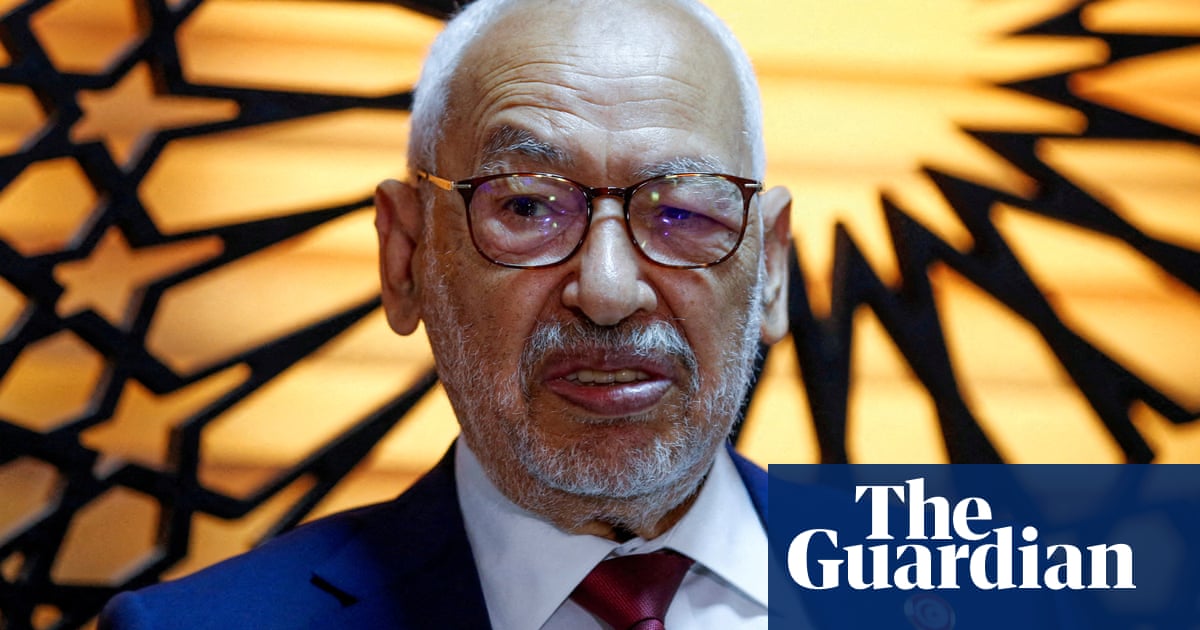
Not for the first time, Israel’s Supreme Court has saved the country’s blushes. This time by reversing a decision, which was backed by the government and a lower instance court, to prevent a young American student, Lara Alqasem, from entering the country even though she arrived with a perfectly valid visa.
Alqasem, who went to Israel to pursue a master’s degree in human rights at the Hebrew University in Jerusalem, turned all of a sudden into an enemy of the Jewish state. Her alleged “crime” was being a supporter of the Boycott, Divestment, Sanctions (BDS) movement while she was an undergraduate. When the dust settles on the sorry story of the efforts of the Israeli government to prevent her from entering the country, the question that will probably remain with everybody is that posed by one of the Supreme Court judges who heard her case, who asked: “How does this advance Israel"s fight against BDS?”
There is only one answer to this question: It does not and it will not. And one can add another question: How does it serve Israel at all? Treating a young student, just 22 years of age, who may or may not have supported the BDS movement during her undergraduate years, as an enemy of the people is nothing short of folly and an action verging on a panic attack. For all its efforts, the BDS movement has so far had very limited success. This is mainly due to its own shortcomings, among them being oriented on ideology, rather than on policy, and its harboring of elements that question not just Israel’s role in blocking a two-state solution, but beyond that the very right of a Jewish state to exist, not to mention international conditions that at the moment favor Israeli policies.
This is where the hysterical overreaction by Israel is self-defeating and plays into the hands of the BDS movement by giving it ample ammunition to question whether Israel is a genuine democracy, while also discouraging other young people from studying in the country. By its own actions, the state of Israel is inviting prospective students to shun its universities, especially if they have been condemned on some questionable “pro-Israel” websites that monitor the activities of students whom they deem hostile to Israel. The irony is that Alqasem, by deciding to study in Israel, is defying the call to boycott Israeli academia. Logic dictates, therefore, that she should have been received with open arms, one might even suggest enjoying VIP treatment — but definitely not 15 days’ detention, as in this case. Inadvertently, the Israeli authorities have been behaving like a local branch of the BDS movement.
And, let’s face it, similar to many other youngsters with a developed sense of justice, fairness and care for the underdog, Alqasem most likely objects to Israel’s policies toward Palestine. Yet she took a courageous decision, which is bound to be unpopular with many of her contemporaries, to study at the Hebrew University in Jerusalem, which is the second-oldest university established by the Zionist movement, and in a city at the heart of the Israeli-Palestinian conflict.
But this, of course, was not enough for Minister of Public Security Gilad Erdan. In his clumsy attempt to climb down from the gigantic rickety structure created by those who stopped and detained Alqasem in the airport, he suggested that she would be allowed to enter the country if she “declares clearly and specifically that she made a mistake in the past and she now believes that supporting a boycott of Israel and BDS is a mistake and is not legitimate and if she regrets her time in the past as chapter head of a boycott organization.”
The hysterical overreaction by Israel is self-defeating and plays into the hands of the BDS movement
Yossi Mekelberg
So his solution was public humiliation: Some kind of modern-day walk of shame to the town square to atone for her past sins, otherwise she would not be allowed to study in Israel. Erdan’s interpretation of his role of protecting the public takes here an unwelcome twist of curtailing freedom of speech. His role is to head the police, not the thought police.
Alqasem, despite there being no evidence that she poses any threat to anyone and though she arrived on a valid student visa, was still deprived of her freedom for 15 days and treated as if she was one of Israel’s arch-enemies. Erdan and his like are causing irreparable damage to Israel’s image and international reputation. They are spreading paranoia and fear, as if anyone connected to the BDS movement poses an existential threat to the future of the country.
Prof. Tallay Ornan, of the Hebrew University, asserted that this case is not just a personal issue. She said: “This is a declaration of war on what we are working for: To broaden knowledge, freedom of information, recognizing the other, and enlightenment.” Considering the constant attacks on liberal democratic values and institutions by Cabinet ministers and the ruling parties, one can only agree with this assessment.
Sadly for Alqasem, her first lesson in human rights in Israel was to spend more than two weeks in a detention center at Ben Gurion International Airport while engaged in a legal battle that should have never reached the courts in the first place. However, it is still a story with a happy(ish) ending. Despite the Israeli government’s best efforts to considerably weaken the Supreme Court, the court has proved itself to be a beacon of human and civil rights in its halting of the authorities’ ongoing assault on the country’s democratic foundations.
Alqasem will now not be prevented from studying at one of the most prestigious universities in Israel and acquiring the necessary skills for a lifelong career in the human rights world; a world that scares so many of those who in their daily life prefer to violate those rights rather than guard them. She may have missed her first week of studies but she has learned, as we all have, a great lesson that standing up for what is just and right can yield, even against the odds and against mighty powers, the right result.
Yossi Mekelberg is professor of international relations at Regent’s University London, where he is head of the International Relations and Social Sciences Program. He is also an associate fellow of the MENA Program at Chatham House. He is a regular contributor to the international written and electronic media. Twitter: @YMekelberg
Disclaimer: Views expressed by writers in this section are their own and do not necessarily reflect Arab News" point-of-view












